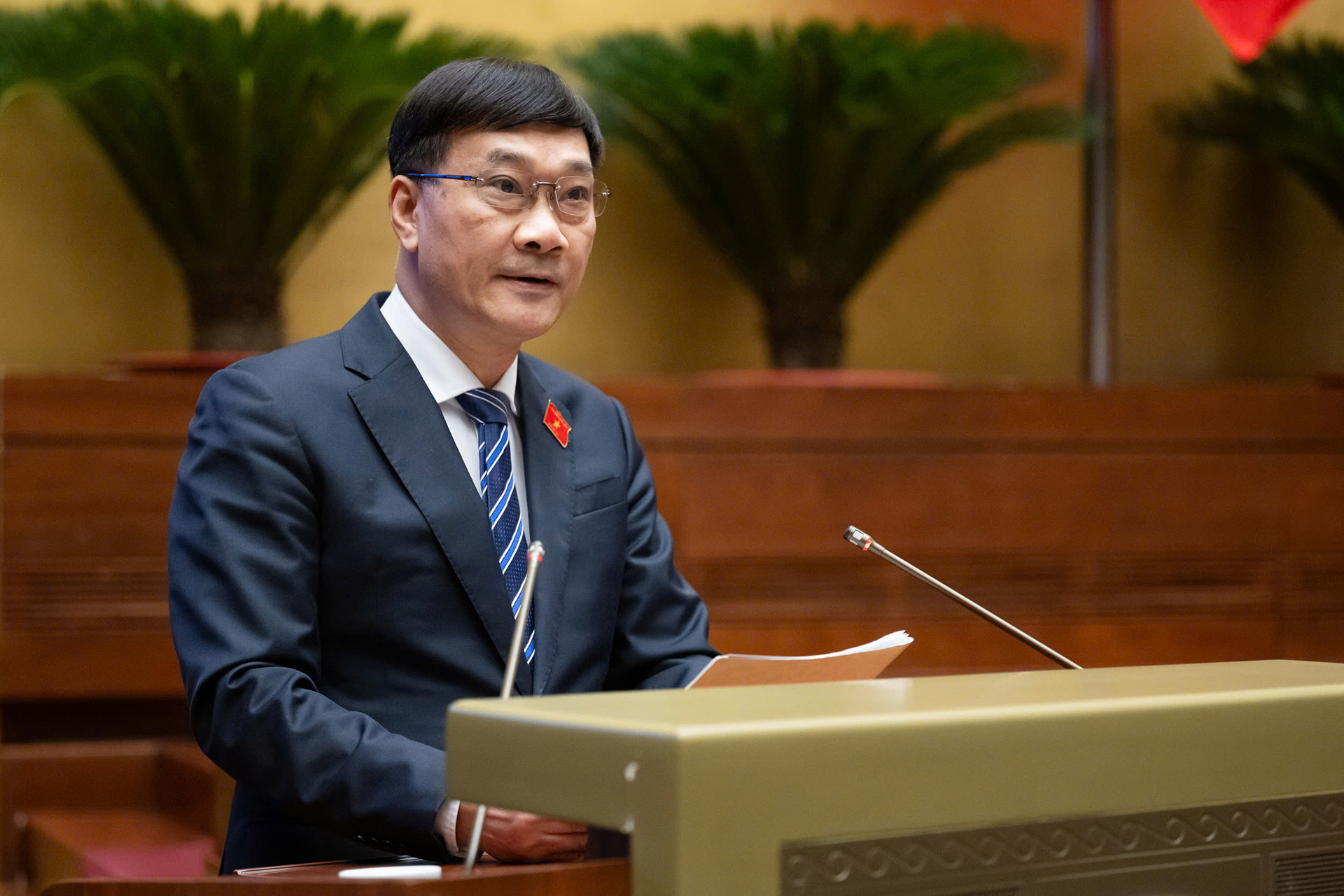
On November 30, the National Assembly approved a resolution allowing the pilot implementation of commercial housing projects under four specific scenarios involving land use agreements.
The resolution passed with 86.64% of delegates voting in favor and will be implemented nationwide for five years starting April 1, 2025.
The pilot program enables commercial housing projects to be developed through agreements to acquire land-use rights or on land already under legal use.
The four models permitted under the resolution include: Projects where real estate businesses acquire land-use rights; Projects developed on land already under the legal use of real estate businesses; Projects involving both legally held land and newly acquired land by real estate businesses; Projects initiated by real estate businesses using land from relocated industrial facilities due to environmental pollution or urban planning.
The resolution applies to land-use agreements where real estate businesses acquire land-use rights in compliance with Vietnam’s Land Law.
Eligible projects must: Align with district-level land-use plans or urban and construction plans; Be located in urban areas and not involve land subject to compulsory acquisition; Add no more than 30% of residential land beyond the current use as part of the provincial land-use plan until 2030.
Local authorities (provincial People's Committees) will grant approvals based on compliance with land-use regulations, housing laws, and real estate business laws.
For state-managed land included in pilot projects where parcels cannot be separated into standalone projects, such land will be integrated into the total project area. The state will allocate or lease such land to investors without requiring public auction or bidding processes.
Projects involving land previously used for defense or security purposes require written approval from the Ministry of Defense or the Ministry of Public Security.
Commercial housing projects using residential land or mixed residential and other land types will follow the provisions of the Land Law rather than the pilot resolution.
The pilot program is designed to ensure consistency and fairness across provinces. Each project must be approved by the provincial People's Council and meet specific regulatory criteria. The program aims to streamline processes and enhance the development of urban housing nationwide.
The pilot will be in effect for five years, with its outcomes serving as the basis for future policymaking.
Thu Hang